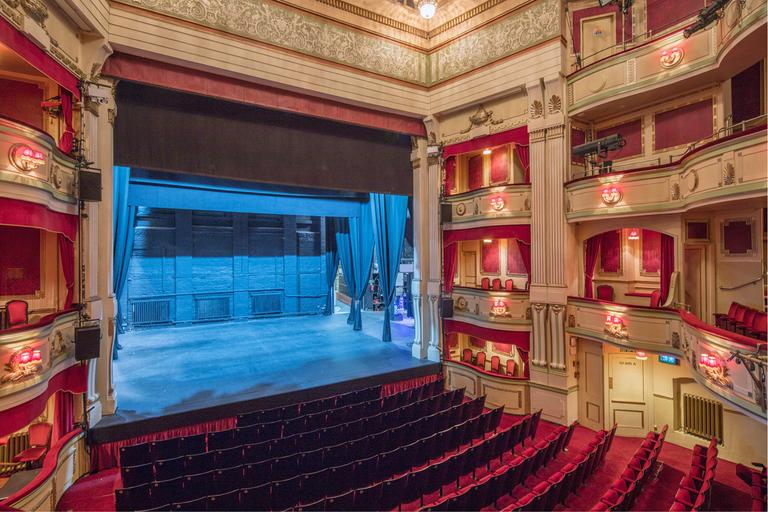Underground Theatre Flourishes in Brighton’s Lanes
A growing number of hidden venues and impromptu performances are redefining the city’s cultural heartbeat.
2025-07-07 14:51 | By Isla Morgan

Brighton’s famously eclectic arts scene is finding a new pulse underground—literally. A growing number of pop-up theatres and micro-venues have taken root in the city’s narrow backstreets and hidden basements, offering immersive performances far from the traditional stage.
Known for its rebellious creative energy, Brighton has long embraced fringe arts. But the post-lockdown resurgence of DIY theatre has led to an explosion of unconventional venues, from old wine cellars and empty shops to converted shipping containers.
One standout space is 'The Hollow,' a candlelit basement below a vintage bookshop in The Lanes. Seating just 25, it stages experimental one-act plays and devised works by emerging playwrights. Shows sell out within hours of announcement on social media.
Artistic director Tamara Bell said the intimacy of the space changes everything. 'There’s no fourth wall here. The audience is inches from the action. It’s raw, unpredictable, and completely immersive—perfect for telling stories that don’t fit into the West End mould.'
These underground venues are proving especially popular with younger audiences seeking affordable, authentic experiences. Tickets typically range from £5 to £12, and many shows operate on a pay-what-you-can basis to remove financial barriers.
Pop-up companies are also using the spaces to tackle bold themes. Recent productions have explored climate grief, digital surveillance, and queer folklore—all staged with minimal sets but maximum emotional punch. Some performances even unfold across multiple rooms.
City officials have taken notice. While some worry about safety regulations and fire codes, others view the trend as a vital expression of urban creativity. Talks are underway to formalise a licensing pathway for temporary artistic use of commercial spaces.
For performers and directors, the scene offers a low-cost way to experiment and connect. 'You can take risks here without going broke,' said actor Luca Ford, who recently starred in a site-specific ghost play inside a disused laundrette.
Local cafés and bars are benefitting too. Many venues partner with nearby businesses for drinks, snacks, or post-show Q&As, creating a micro-economy around the theatre nights. It’s a grassroots model that echoes the city's indie music scene of the early 2000s.
As the lights dim beneath Brighton’s streets, a new era of storytelling is taking shape—one that favours closeness, curiosity, and courage. In these tucked-away corners, theatre feels less like spectacle and more like shared discovery.